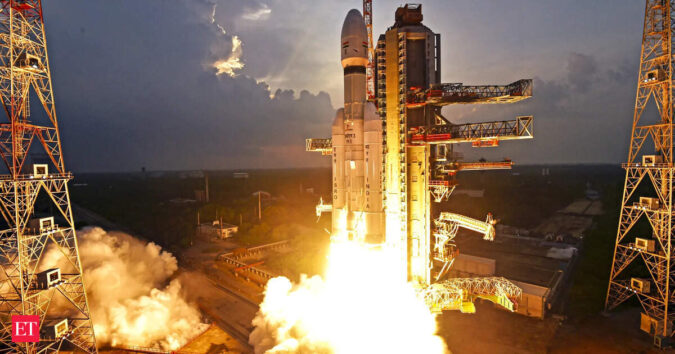The demand was placed before Finance Minister Nirmala Sitharaman on Wednesday when the Satcom Industry Association of India, or SIA-India, submitted its expectations from the coming Union Budget.
Also Read: Critical minerals, clean energy and MSME revival top Deloitte’s key asks in Budget
The industry said the current allocation, which stands at 0.04 per cent of GDP, is too low for a sector that now supports a wide span of national functions. It said the share should be raised to at least 0.12 per cent. The higher allocation, it said, would allow the government to increase spending without resorting to sudden jumps in expenditure in the future.
“From secure communications and navigation to climate systems, launch infrastructure and disaster resilience, every layer of our national architecture now depends on space assets,” said Subba Rao Pavuluri, President, SIA-India. Pavuluri said giving space the status of critical infrastructure and expanding public investment was essential if India wanted to match its strategic ambitions and hold its leadership position in the Indo-Pacific.
The association has also pushed for a National Satellite Connectivity Mission supported by the Universal Service Obligation Fund to improve digital access in remote, disaster-prone and commercially unviable areas. It said the plan should include funding for satellite backhaul for about 40,000 difficult gram panchayats and a multi-year commitment system so that services remain predictable and steady.
Also Read: Budget 2026: Tourism industry reiterates call for ‘industry’ status
Its recommendations also cover investment rules. It has sought enabling frameworks for Foreign Direct Investment, support for joint ventures, and either a zero-rated regime or a tradable credit mechanism to free working capital in a sector that depends heavily on research and development. Such steps, it said, would help India keep its position as a competitive deep-tech hub.SIA-India has also asked the government to appoint a designated Certifying Authority for Customs Exemptions and introduce a single process for such exemptions to ensure swift approvals for essential space hardware. It further suggested a Hybrid Production-Linked Incentive scheme designed specially for long-cycle, low-volume space manufacturing to limit risks, scale up capacity and attract global joint-venture partners.
(With PTI inputs)
